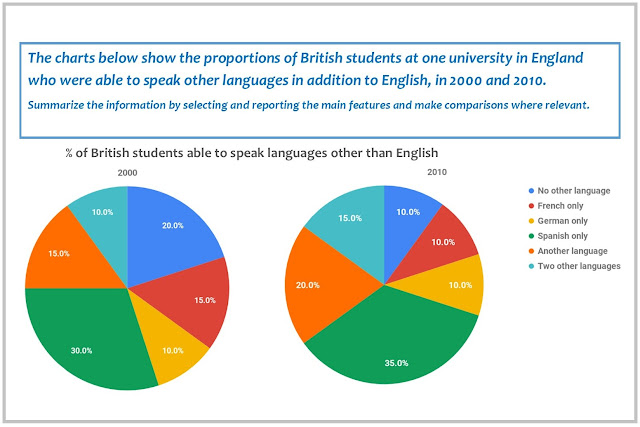Comma splice. A must-read for 'thus' and 'therefore' fans.
Comma splice
I feel compelled to write this post because I find myself correcting and explaining this mistake over and over again. The mistake is so common it has a special name - comma splice.
Comma splice is joining two independent sentences with a comma. For example, "I liked the bag, I bought it." This is wrong because commas don't join sentences. Conjunctions do. You could write, "I liked the bag, so I bought it," or "I bought the bag because I liked it." So and because are conjunctions. They join the sentences. Comma splice is child's play.
Not so fast. Look at these sentences and think to yourself if they are correct.
There are only seven of them: for, and, nor, but, or, yet, so. Use the abbreviation FANBOYS to remember them.
#2 Subordinating conjunctions
There are really many of them. I will list the most common ones and the idea they express:
- Time: after, before, since, until, when, while;
- Cause/effect: as, because, since;
- Condition: if, since, unless;
- Concession/contrast: although, even though, despite, in spite of, while, whereas;
- Identification (relative clauses): that, which, who.
So, "This research needs to be done urgently, however, it requires a vast amount of money," is not correct because however is an adverb, not a conjunction. But "This research needs to be done urgently, but it requires a vast amount of money," is correct because but is a conjunction.
Comma splice is joining two independent sentences with a comma. For example, "I liked the bag, I bought it." This is wrong because commas don't join sentences. Conjunctions do. You could write, "I liked the bag, so I bought it," or "I bought the bag because I liked it." So and because are conjunctions. They join the sentences. Comma splice is child's play.
Not so fast. Look at these sentences and think to yourself if they are correct.
- Universities give theoretical knowledge, therefore graduates suffer from a lack of real work experience.
- Young people want to look older, thus they copy adults’ behavior.
- This research needs to be done urgently, however, it requires a vast amount of money.
There are two types of conjunctions:
#1 Coordinating conjunctionsThere are only seven of them: for, and, nor, but, or, yet, so. Use the abbreviation FANBOYS to remember them.
#2 Subordinating conjunctions
There are really many of them. I will list the most common ones and the idea they express:
- Time: after, before, since, until, when, while;
- Cause/effect: as, because, since;
- Condition: if, since, unless;
- Concession/contrast: although, even though, despite, in spite of, while, whereas;
- Identification (relative clauses): that, which, who.
So, "This research needs to be done urgently, however, it requires a vast amount of money," is not correct because however is an adverb, not a conjunction. But "This research needs to be done urgently, but it requires a vast amount of money," is correct because but is a conjunction.
Thus and Therefore
So far, so good. I now want to focus on thus and therefore - by far the top favorites in students' exam essays (and rightfully so). These two follow several patterns, which all fall within the rules outlined above, but I would still like to list them to make sure you can use them correctly in a wide variety of sentence structures.- Their car was bigger and therefore more comfortable.
- I have therefore decided to resign.
- This is a binding contract. Therefore, we recommend that you review it with a lawyer.
- I tried to tell her that the words made little sense and therefore lacked any depth.
- Interest rates rose; therefore, real estate prices declined.
- No decision had been made, and thus the situation remained unclear.
- Someone had removed all the evidence. Thus, it was now impossible for the police to continue their investigation.
- The oil producers will raise prices, thus increasing their profits.
- Obtaining food and drink thus became a tricky balancing act.
- The roof was stripped in the same year and thus spelt the demise of the milling industry in Durrow.
I think you are all set to avoid comma splice. In short, there is one simple rule - join sentences with conjunctions, not commas or adverbs.
PS: Two other ways to fix a comma splice are using a semicolon or a period, but these are usually no good in exam essays. Complex or compound sentences are a better choice.
PPS: A comma splice can be used as a stylistic device, but this use is better left to professional writers. In EFL contexts, it’s usually a mistake.
🞳🞳🞳
If you are working on your writing skills, why don't you check out this post about the most common cases of comma use: https://iraluts.blogspot.com/2018/02/the-common-comma-rules-and.html Image credit: Photo by Brett Jordan on Unsplash





nice
ReplyDelete